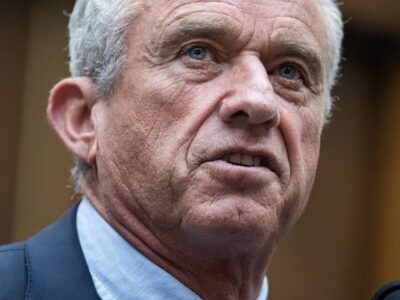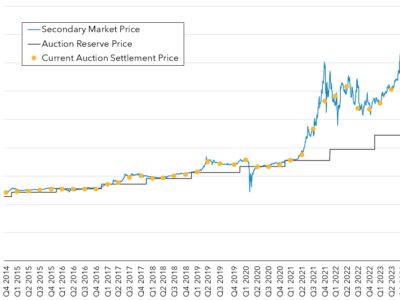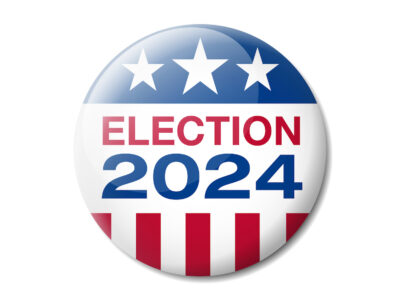Rethinking Job Searches for Environmental Lawyers

A couple of people have written to me wondering why I posted the RGGI job. It isn’t really a law or a policy position, they say: really more like a glorified administrative assistant. I don’t read it that way, but there are two ways to respond to the complaint, with the second one providing some important advice for public interest-minded environmental lawyers in today’s job market.
The first answer is the easiest: why do we assume only that lawyers and policy professionals read the page? Pretty elitist, if you ask me.
But more importantly, the comment reminds me of a speech given a few years ago by Chief Judge Alex Kozinski of the Ninth Circuit, since repeated several times. It’s called “How to Become a Federal Judge at Age 35.” Kozinski should know: that was his age when Ronald Reagan appointed him to federal bench, making him the youngest federal judge since William Howard Taft.
After noting the obvious fact that judicial appointments derive from politics, not merit, Kozinski then makes the straightforward suggestion that those desiring a judicial appointment need to work on a campaign. But will you do on the campaign? And here is where it gets interesting. I’m paraphrasing from memory, but this is the essence of what he said:
Of course, you will want to work on policy. That’s what all lawyers want to do. They want to make policy.
But people in a campaign will not want you to make policy. They will want you to make coffee. They will want people to do the grunt work, not the fancy work.
And when they say that to you, what will you say? You will say, yes! Yes! I will make you the best cup of coffee you have ever had. And why? Because if you are competent and enthusiastic, you will soon find yourself rise through the ranks. They will need someone to do something, maybe something a more important, and they will look around and say, ‘How about that fellow over there? He made a pretty good cup of coffee.”
One can look at this as overly rose-colored; after all, Obama’s unconscionably small list of federal judicial appointees includes few coffee-makers.
But as an overall way of thinking about doing public interest policy work, Kozinski’s view has a lot of insight. And that is especially true in today’s horrific job market for lawyers. Getting your dream entry-level job is always a long shot, but nowadays the odds asymptotically approach zero. Instead, the best advice is to catch on with an organization and make yourself indispensable regardless of the formal job description.
In the area of climate policy, no one really knows what will work, how the different industries and players fit together, which policy levers to pull, or how to build consensus. Smart people in the key institutions and at the right tables can have influence to effect change, no matter what the formalities say. Don’t just look at the standard positions in the standard places. Look for something different. That’s easy for a tenured professor to say, but it also happens to be true.
Reader Comments
4 Replies to “Rethinking Job Searches for Environmental Lawyers”
Comments are closed.








what about also having the widget for google+ in the share area? WordPress allows.
what about also having the widget for google+ in the share area? WordPress allows.
Why do you assume that people who aren’t lawyers and policy professionals read the page? Pretty conceited, if you ask me.
Kozinski’s article was a great one, by the way. This particular passage is very similar to how Alex Anthopoulos rose from mail room employee to GM of the Toronto Blue Jays. He always talks about how he set out to be the best mail room employee that he could possibly be, better than anyone in the history of the organization. I imagine this was incredibly annoying for all the other mail room employees, but it did turn out to be rather effective.
Why do you assume that people who aren’t lawyers and policy professionals read the page? Pretty conceited, if you ask me.
Kozinski’s article was a great one, by the way. This particular passage is very similar to how Alex Anthopoulos rose from mail room employee to GM of the Toronto Blue Jays. He always talks about how he set out to be the best mail room employee that he could possibly be, better than anyone in the history of the organization. I imagine this was incredibly annoying for all the other mail room employees, but it did turn out to be rather effective.